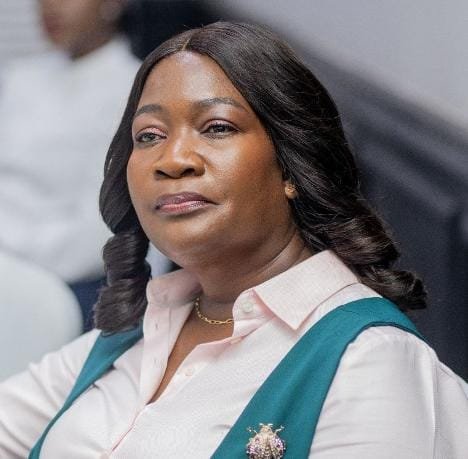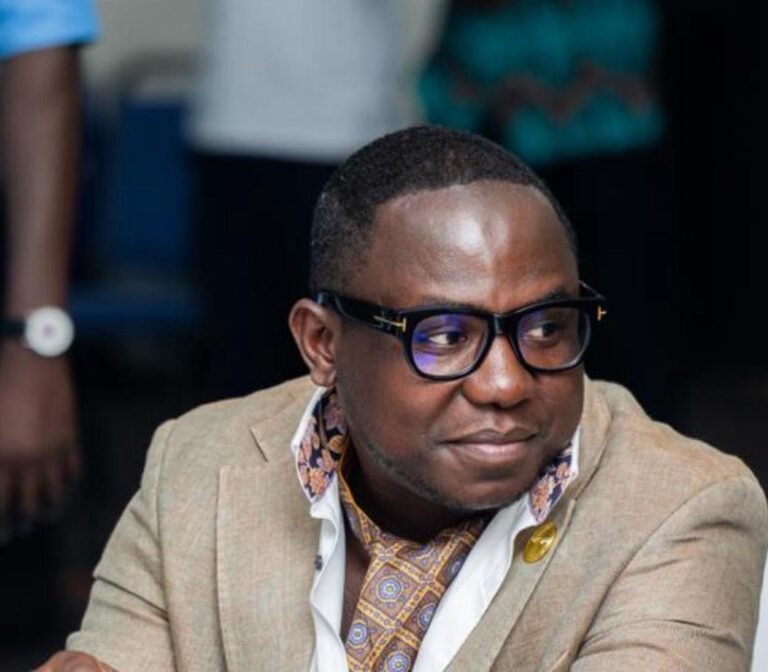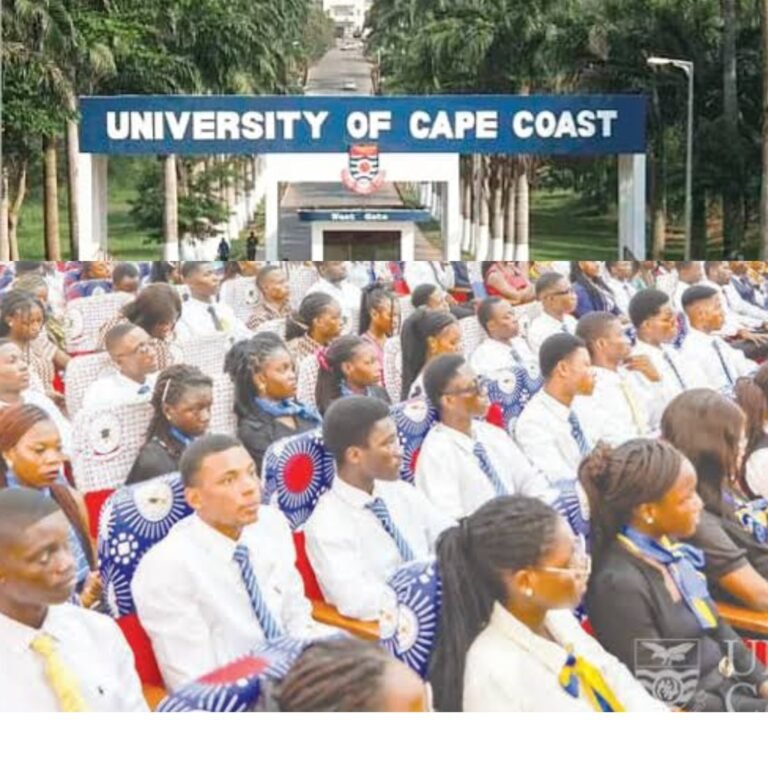
Jeffery Hayness, Emeritus Professor of Politics, London Metropolitan University
By Professor Jeffrey Haynes
One of Ghana’s most respected Men of God, Pastor Mensa Otabil, made a controversial statement on October 8. Pastor Otabil, Founder and General Overseer of the International Central Gospel Church and Chancellor of Central University, stated that ‘God does NOT choose leaders for countries. If so, then He has been making a lot of mistakes in Africa.’
Pastor Otabil claimed that God has no say in who is elected president and that to think otherwise is a lazy way of thinking. It is not only lazy, he believes, but also a way to escape personal and collective accountability regarding who gains power by the ballot box on December 7.
Pastor Otabil believes that election results represent not God’s will but the will of the people. “If you are foolish, you make a foolish choice. God doesn’t choose leaders. Go and vote. You are choosing the leader. You can pray and say, ‘God guide me’, but that is up to you,” he stated further.
Response
Pastor Otabil’s claims were quickly responded to by another Man of God, Rev. Isaac Owusu-Bempah of Glorious Word Power Ministries International.
He stated on October 13 that Pastor Otabil is unequivocally wrong. God, according to Rev. Owusu-Bempah, uses certain people to transmit His political preferences, notably at election times.
It will be remembered that Rev. Owusu-Bempah recently prophesied that John Mahama of the National Democratic Congress would win the December 7 presidential election. How does Rev. Owusu-Bempah know? God told him so.
According to Rev. Owusu-Bempah, God speaks directly to him about various matters, including the outcome of Ghana’s next presidential election. Rev. Owusu-Bempah believes it is important that he informs voters what God thinks about who should be Ghana’s next president.
It is almost certain that such prophecies from respected Men of God influence how some citizens vote. But is that a good thing? The Daily Graphic thinks not.
An editorial in the newspaper on February 5, 2024, stated: “As the country’s democracy continues to evolve, a phenomenon which has become very disconcerting is fake prophecies and predictions of election results by some charlatans who parade themselves as prophets.”
Prophesies
Two things stand out. First, what is a ‘fake’ prophecy, compared to a genuine prophecy? How do we know when a prophecy is authentic, that it really comes from God? Second, if God really does have political preferences regarding Africa’s political leaders, how come so many of them turn out to be corrupt, venal and/or anti-democratic?
Are some religious leaders like Pastor Mensa Otabil beginning to change their position on God choosing leaders due to the continuous failures of many African politicians?
Writing in the Daily Graphic on October 14, 2024, Nkrabeah Effah-Darte, a politician and a former Member of Parliament for Berekum in the Third and Fourth Parliaments of the Fourth Republic, stated that he thinks that Pastor Otabil “made this declaration for him to run away from anybody pestering him with a question as to who, according to his visions and dreams, will win Election 2024”.
This is an interesting idea. If you are a respected Man of God and you receive a prophecy regarding His choice of who will be the next president of Ghana, failing to make this information public means that you are ‘running away’ from an obligation to inform voters.
But, wait a minute. How many prophets does Ghana have? Your guess is as good as mine. But let’s say dozens are high profile enough to have electoral prophecies for the December 7 elections made public by the media. This implies that God identifies each of these prophets and then takes the trouble to transmit His personal political preference to each prophet. It gets complicated. Prophets come up with different prophecies…some say Dr Bawumia, and others Mr Mahama.
Why does God appear confused; thus, one preference for one prophet and an alternative to another?
I am a mere mortal and not able to solve this theological conundrum. Maybe Pastor Otabil has it right. In the words of the singer, Bob Dylan, from his 1965 song, Subterranean Homesick Blues: ‘Don’t trust leaders, watch the parking meters’. This means trusting your own judgement, not that of a prophet or political pundit, when making important political decisions, like voting for the country’s next president.
Voters judgement
Voters should trust their judgement, assess the incumbent government’s record, and vote accordingly. If the incumbent government has done okay or better, then perhaps give them another four years.
If, on the other hand, the government does not deserve another term, get rid of it and see what another administration can achieve. That’s democracy.
How do differing views from religious leaders, such as Pastor Mensa Otabil and Rev. Owusu-Bempah, impact on the public’s perception of the role of religion in Ghanaian politics?
How can citizens exercise critical thinking and discernment when evaluating the influence of prophecies and predictions on their political choices?
In my opinion, to expect God to pick up the slack and let voters off the hook by telling them who to vote for via a prophet undermines democracy. It is crucial for Ghana’s democratic health that citizens exercise critical thinking and discernment when evaluating the influence of prophecies and predictions on their political choices.
The writer is an Emeritus Professor of Politics, London Metropolitan University, UK.







